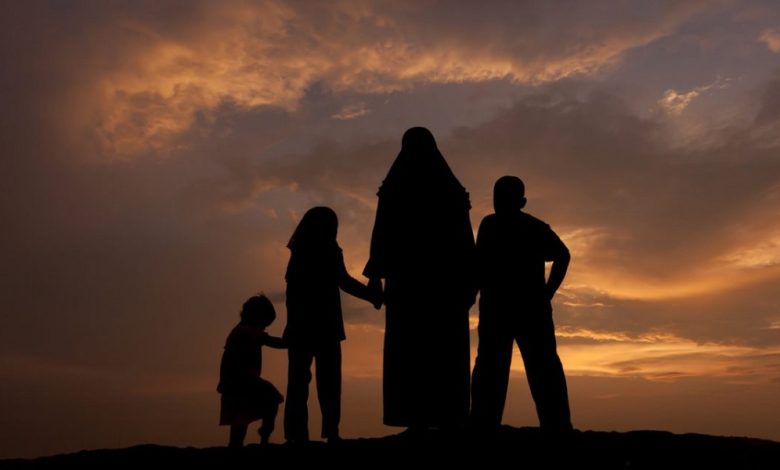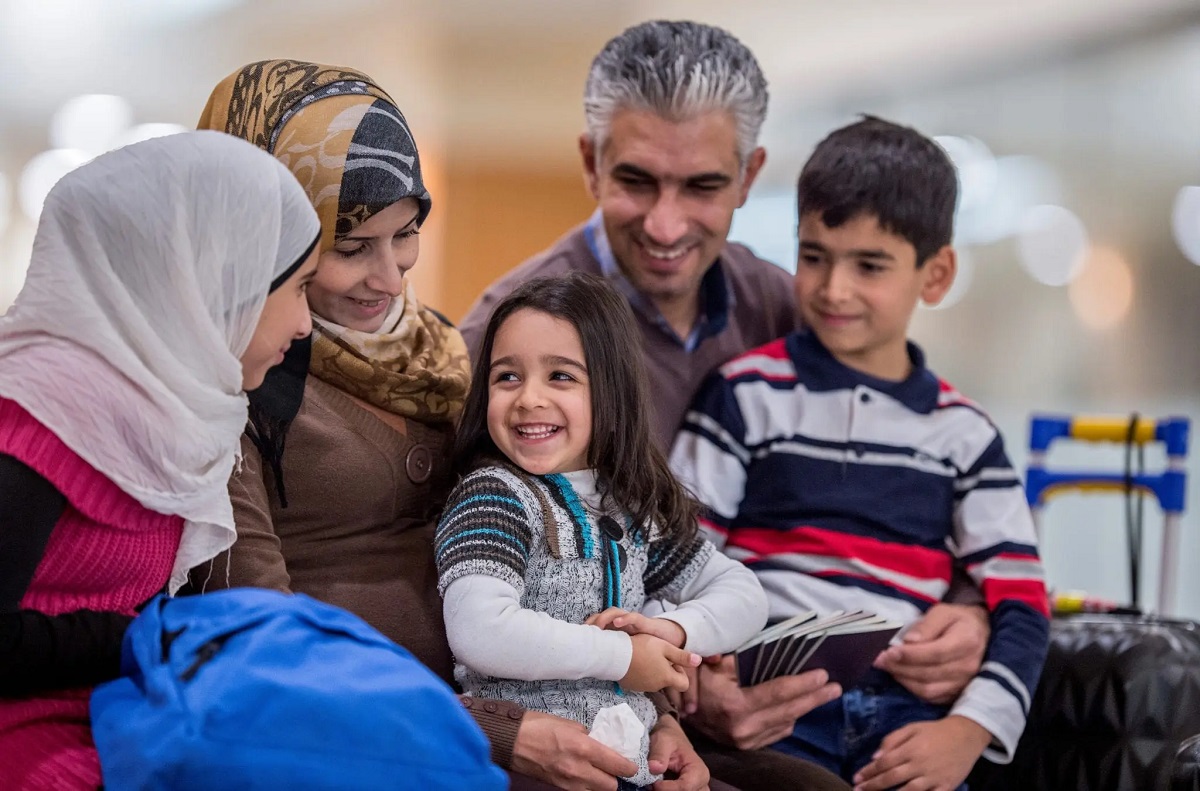Parenting in Exile: Challenges and Contradictions for Arab Families in the U.S.
Between preserving cultural identity and adapting to American norms, Arab immigrant parents face complex realities raising children in a foreign land.

Raising children in the United States can be both a rewarding and overwhelming journey—especially for Arab immigrants trying to navigate life between two worlds. While the U.S. offers quality education, healthcare, and safety, Arab parents often find themselves struggling with cultural dissonance, generational gaps, and identity conflicts within their families.
1. Cultural Identity vs. Integration
One of the greatest concerns for Arab parents is how to preserve their native language, religion, and values in an environment that promotes individuality, liberal norms, and rapid assimilation. Children born or raised in the U.S. often grow up bilingual and bicultural—but may begin to favor American customs, leading to identity confusion or detachment from their heritage.
Challenge: Parents may feel like they are “losing” their children to a culture they themselves don’t fully understand.
2. Discipline and Parenting Styles
In many Arab countries, traditional parenting often includes strong discipline, collective responsibility, and a top-down authority structure. In contrast, the American model emphasizes emotional openness, personal freedom, and child-centered development. Arab parents often face criticism—or legal risk—when their methods conflict with American standards of child protection.
Contradiction: How to set firm boundaries without violating local norms or triggering intervention from child protective services.

3. Language Barriers and School Systems
Parents with limited English may struggle to engage fully in their children’s education. Understanding school policies, communicating with teachers, or helping with homework becomes difficult. Meanwhile, children adapt quickly, often becoming interpreters for their parents and experiencing role reversals.
Consequence: This dynamic can shift family power balances and increase stress between generations.
4. Islamophobia and Social Exclusion
Muslim and Arab families may experience discrimination in public life—from schools to workplaces—especially during times of political tension. Parents are often concerned about how their children are treated at school, especially if they wear hijab, speak Arabic, or mention Palestine or Islam.
Impact: Children may feel pressured to hide their background, while parents feel helpless in protecting them from subtle or overt racism.
5. Community and Support Systems
Unlike back home, many Arab parents in the U.S. lack extended family support. Grandparents, uncles, and cousins are often thousands of miles away. The isolation can deepen during life events like childbirth, illness, or teen crises.
Solution: Arab community centers, mosques, and cultural organizations can offer essential support and build new forms of “chosen family.”

Parenting in exile is more than managing homework and mealtimes—it’s a complex negotiation between past and present, East and West, tradition and transformation. For Arab families in the U.S., success lies not in perfect assimilation or rigid preservation, but in finding a balance that nurtures identity, stability, and belonging.



